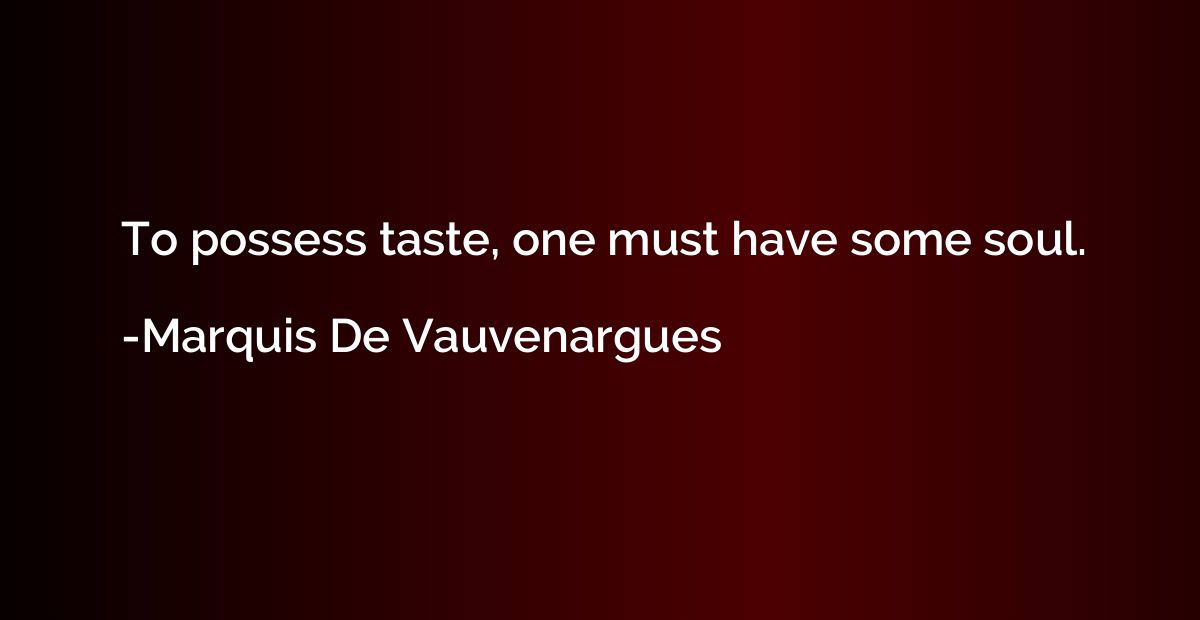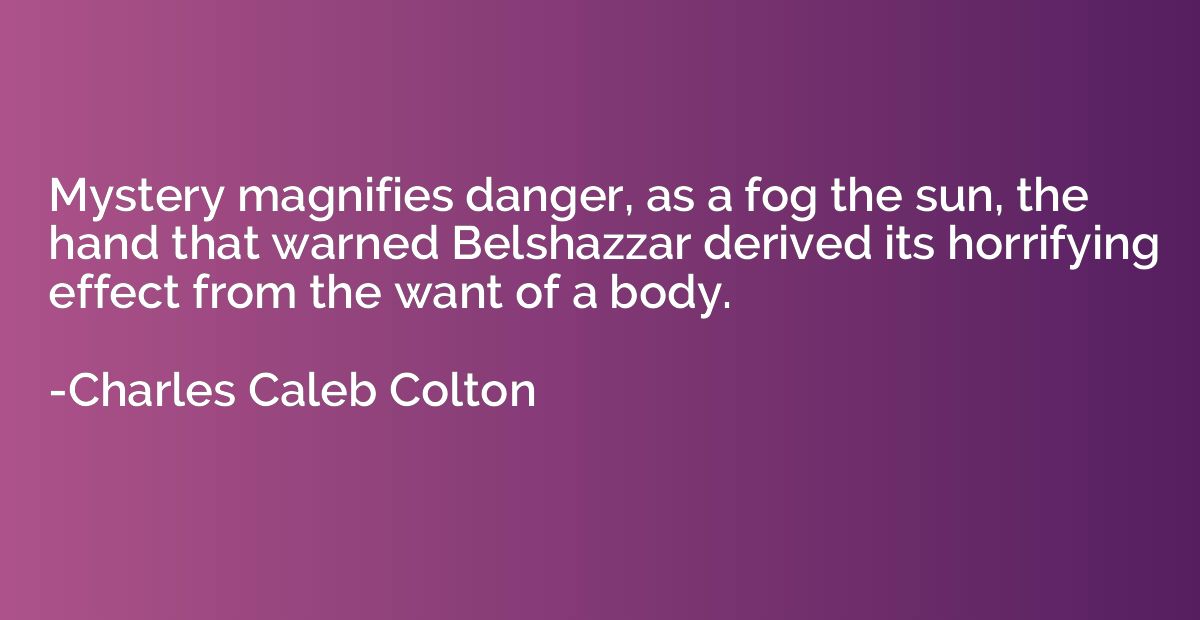Summary
This quote suggests that the true purpose of art is to bring joy and delight to others. It implies that creating art is not merely a self-centered endeavor, but rather a means of sharing happiness with an audience. By invoking pleasure as the essence of art, the quote highlights the idea that art is meant to evoke emotions, inspire, and provide a source of enjoyment for those who view or experience it. Ultimately, this quote emphasizes the intrinsic connection between art, personal fulfillment, and the desire to spread happiness to others.















